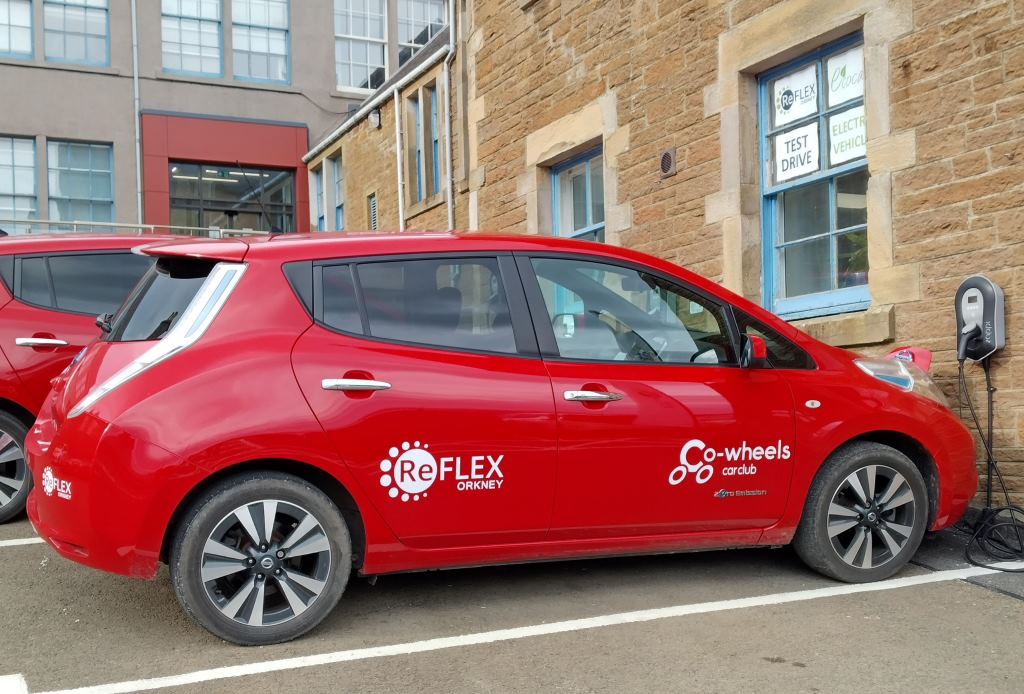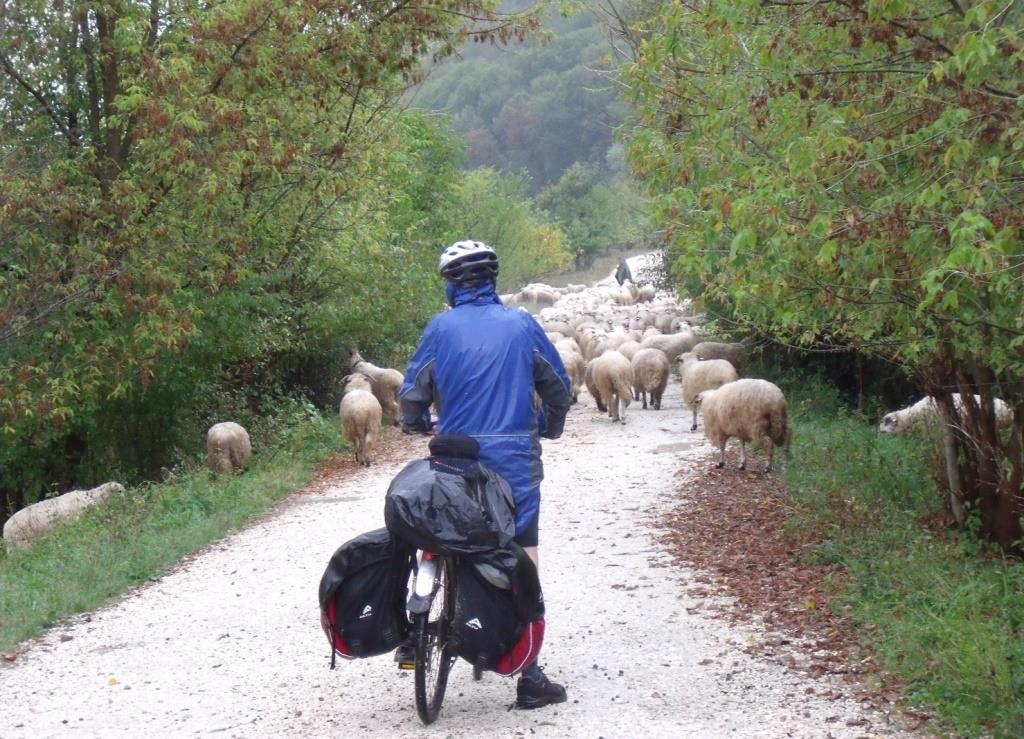 With summer on the way, we’re looking forward to getting out and about more in our beautiful Moorlands countryside. But how do we get there? In most cases it has to be by car, although some intrepid souls take the bike, even with our hills! Electric bikes are making that easier and electric cars help to allay our concerns about carbon emissions. Nevertheless, there are still tremendous problems with car numbers, as we outlined in an article two years ago - Congestion: a Tale of Two Counties. With so many people wanting to visit, public transport would appear to be an obvious solution but with infrequent rural bus services it’s not surprising visitors lose confidence and opt to drive instead. Is Moorlands Connect one possible solution?
With summer on the way, we’re looking forward to getting out and about more in our beautiful Moorlands countryside. But how do we get there? In most cases it has to be by car, although some intrepid souls take the bike, even with our hills! Electric bikes are making that easier and electric cars help to allay our concerns about carbon emissions. Nevertheless, there are still tremendous problems with car numbers, as we outlined in an article two years ago - Congestion: a Tale of Two Counties. With so many people wanting to visit, public transport would appear to be an obvious solution but with infrequent rural bus services it’s not surprising visitors lose confidence and opt to drive instead. Is Moorlands Connect one possible solution?
 No new petrol and diesel cars will be sold from 2030 – just seven years from now. While EV charging infrastructure is being built fast in some cities and built-up areas, in districts like ours the journey has only just begun. In Leek, for example there are just two public chargers and one of those is often not working.
No new petrol and diesel cars will be sold from 2030 – just seven years from now. While EV charging infrastructure is being built fast in some cities and built-up areas, in districts like ours the journey has only just begun. In Leek, for example there are just two public chargers and one of those is often not working.
But at last there are signs of action. In late January, SMDC unveiled its plan for EV chargers in public car parks - in Biddulph, Cheadle, Leek and, perhaps some villages.
The plan seemed to MCA members and councillors a model of decisive and confident action – most took comfort from the fact the portfolio holder was himself an EV user and had a grasp of his subject.

20's Plenty Wins Unanimous Support in Rudyard
Horton Parish Council recently held a packed public meeting for residents to hear about 20's Plenty and how a village-wide 20mph limit will make Rudyard a safer and more liveable community. A presentation was given by Mike Barr, who’s leading the campaign for 20’s Plenty across Staffordshire, and Phil Jones, who's advising the Welsh Government on introducing 20mph limits across the whole of Wales from next September.
 Of all the many issues brought up by the need to get the Moorlands to Net Zero by 2030, EV charging infrastructure is one that excites more attention than most from members of the public – and elected councillors. As the accompanying ZapMap shows EV charging points in the Moorlands are few and far between. Across the country it remains a postcode lottery with those areas of the country nearest the Moorlands much badly served then in the South.
Of all the many issues brought up by the need to get the Moorlands to Net Zero by 2030, EV charging infrastructure is one that excites more attention than most from members of the public – and elected councillors. As the accompanying ZapMap shows EV charging points in the Moorlands are few and far between. Across the country it remains a postcode lottery with those areas of the country nearest the Moorlands much badly served then in the South.
Read more: Electric Vehicle (EV) Charging Points in the Moorlands
 With the gradual relaxation of Covid restrictions in the UK and overseas, many of us are starting to lift our eyes to the horizon and contemplate travel further afield. Given that we’ve all become used to a slower pace of life and simpler pleasures, slow travel may have a greater appeal than ever before. That appears to have been the experience of many who took to canal holidays during the pandemic, in addition to the more obvious camping and caravanning. Even if forward motion is slow, the view is still changing and we get to see new places and meet new people, all without flight anxiety or guilt.
With the gradual relaxation of Covid restrictions in the UK and overseas, many of us are starting to lift our eyes to the horizon and contemplate travel further afield. Given that we’ve all become used to a slower pace of life and simpler pleasures, slow travel may have a greater appeal than ever before. That appears to have been the experience of many who took to canal holidays during the pandemic, in addition to the more obvious camping and caravanning. Even if forward motion is slow, the view is still changing and we get to see new places and meet new people, all without flight anxiety or guilt.

Never let it be said that our outgoing chair, Nigel Williams, didn't make his presence felt in the past. This 30 year old cutting reveals how, as Transport spokesperson for North Staffs Friends of the Earth, he believed that traffic congestion and road safety could be improved in the run up to the 21st century. It seems that not much has changed since then but Nigel was speaking with some experience of the infrastructures he was calling for, having lived for several years in Sheffield when the bus service was second to none and a cross-county fare was 10p for an adult (and 2p for a child). The result was low levels of traffic congestion, speedier journeys into town and most families giving up second cars - great for decarbonisation, although that wasn't the issue then. That of course was dependent on having an efficient subsidised bus service (South Yorkshire Passenger Transport Executive) run by councils that not only had the political will to improve public transport but also the finance to afford it.
